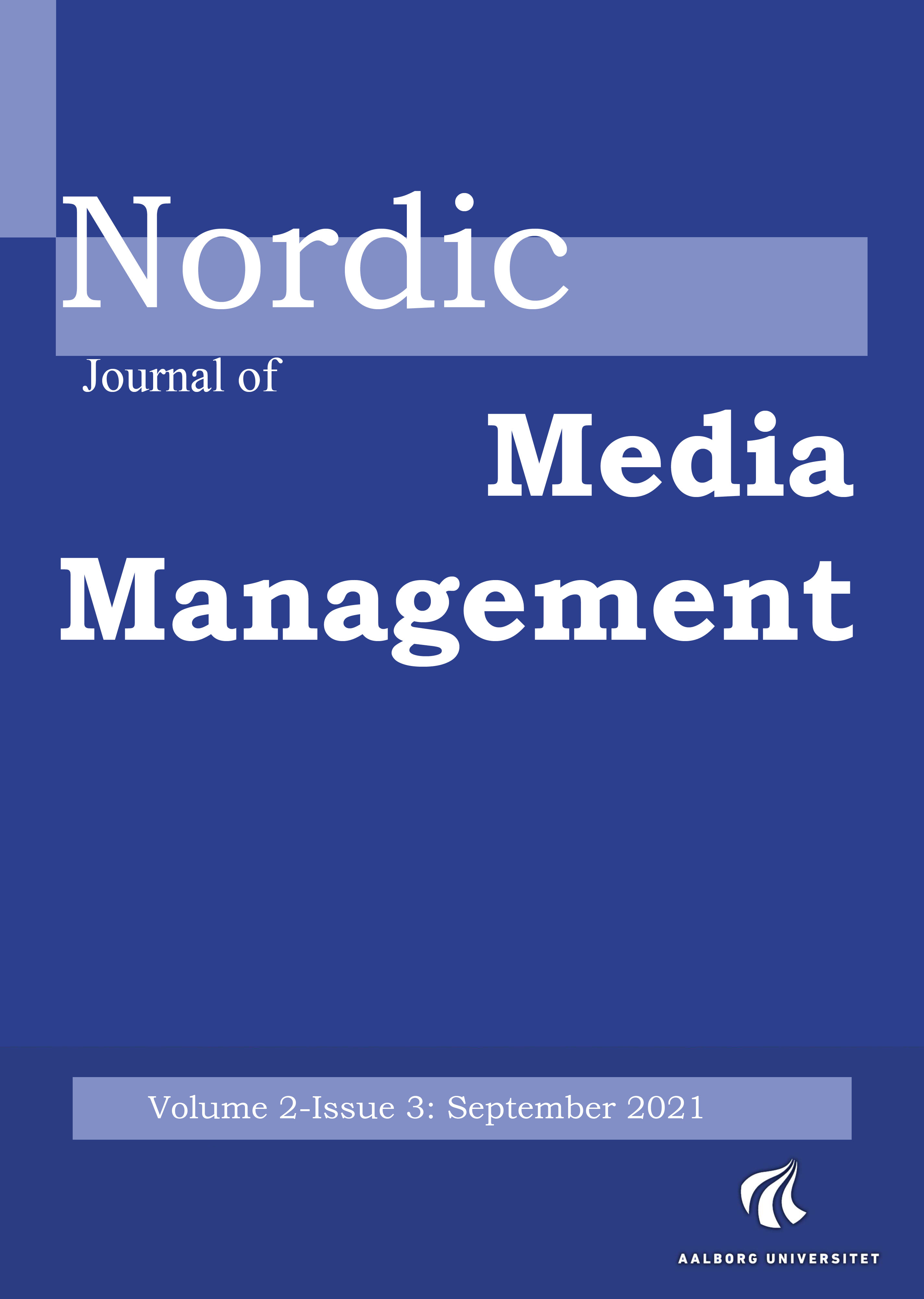Published 30-11-2021
Keywords
- Policy Making,
- Policy Making Environment,
- Regulation,
- Governance,
- Media and Communications
How to Cite
Copyright (c) 2023 Haniyeh Sadat Jafariyeh, Ali Akbar Farhangi

This work is licensed under a Creative Commons Attribution 4.0 International License.
Abstract
Purpose: This viewpoint paper aims to review the book Media and communications policy-making by Robert G. Picard (Springer International Publishing).
Design/methodology/approach: The paper provides an overview of the book, key messages, arguments, and implications for the future.
Findings: Policy making is of importance since it provides direction, stability, accountability, efficiency, and clarity on how society instructs its institutions and system, in particular those in media and communications, based on the dominant competing political, economical, and cultural environments besides the interests of the varying roleplayers to preserve the public interest. Accordingly, policy-making studies are vital to investigate why and how policies are formulated through decision-making processes in public (domestic, regional, and global) spheres to conform to the values and norms of the affiliated stakeholders.
Practical implications: The insightful book provides an excellent starting point for anyone interested in policy making and learning to find out what has been discussed to date, what has been concluded, and what is possible for further research in the future.
Originality/value: The value of this book rests with the wide range of arguments it covers, and the willingness of the author to share his knowledge and experiences with policy-making and governance. It is illustrated with graphs and charts and the author supports his opinions and arguments with real-world evidence and examples besides. The book is accurately referenced, too.

